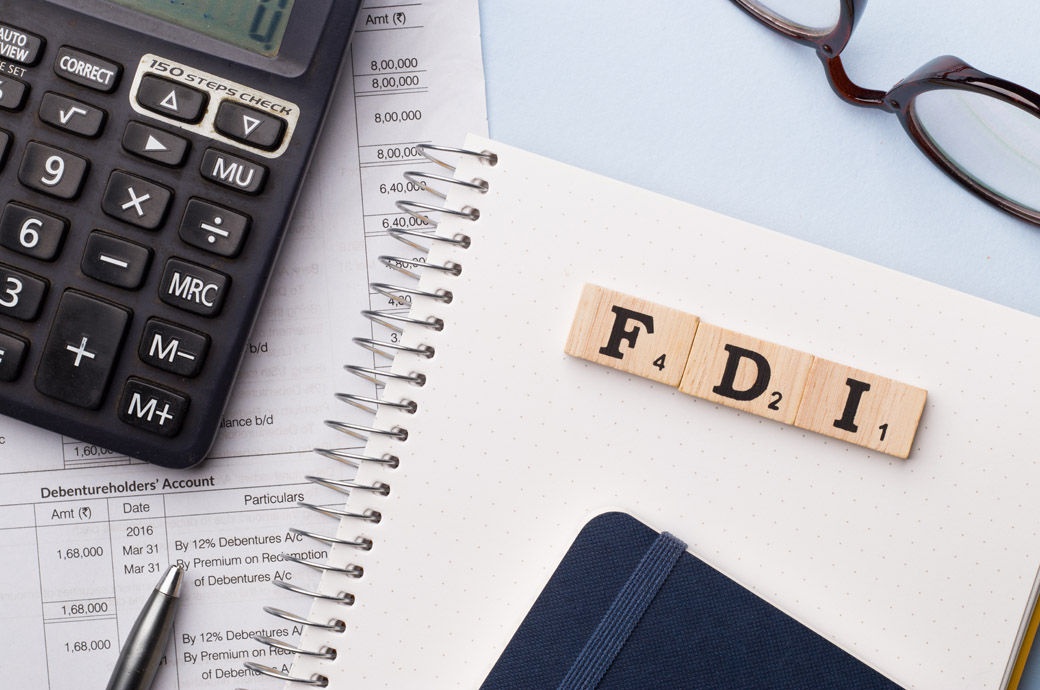

Reinvested earnings, which happen when a company ploughs back its profits instead of repatriating, declined by 12.1 per cent year on year (YoY) last year to $2.21 billion.
Intra-company loans, however, rose to $88.91 million from a negative $57.65 million in 2022, domestic media outlets reported.
Foreign currency reserves slipped below the $19-billion mark earlier this month due to elevated global commodity prices, supply disruptions, a slowdown in external demand and a shift in remittances back to informal channels. It was $40.7 billion in August 2021.
Hence, the central bank limited import of luxury and non-essential goods. The taka has lost its value by 35 per cent against the US dollar in the past two years.
In 2023, gross FDI inflows were worth $3.97 billion—a decrease of 17.8 per cent YoY. The trend has continued in 2024.
The gross inflows, which include capital repatriation, reverse investment, loans to parents, and repayments of intra-company loans to parents, fell by 4.92 per cent to $3.21 billion in July-March of the current fiscal, according to the Metropolitan Chamber of Commerce and Industry.
Bangladesh received the highest net FDI from the United Kingdom, which channelled $613.93 million, or 20.4 per cent of the total.
Some $366.96 million came from the Netherlands, $314.9 million from the United States, $259.54 million from China, $181.43 million from South Korea, and $176.87 million from Norway.
The manufacturing sector attracted the maximum net FDI last year, bringing in $1.26 billion. The power, gas and petroleum sector came second with an inflow of $581.27 million.
The trade and commerce sector received $551.97 million, the transport, storage and communication sector got $290.11 million, and the services brought in $208.52 million.
FDI stock in the country was $20.55 billion at the end of last year—down by 5.1 per cent from a year ago.
Fibre2Fashion News Desk (DS)